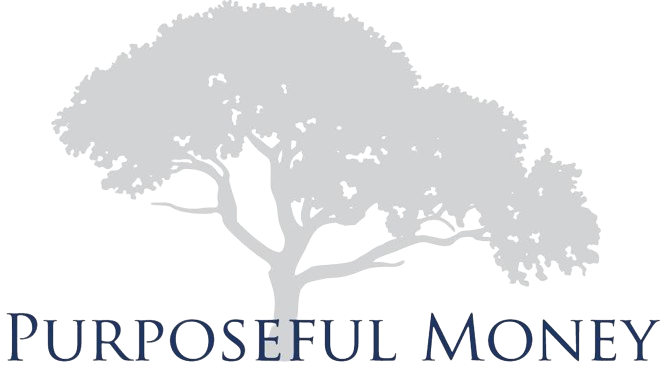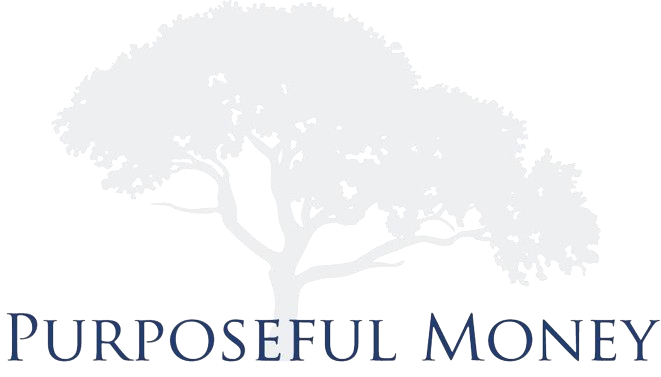Blog
The Importance of Philanthropy
Philanthropy is a cornerstone of a compassionate society. Giving back through charitable donations not only supports vital causes but also brings personal fulfillment. Many donors experience a profound sense of satisfaction knowing their contributions are making a difference. Alongside emotional rewards, charitable giving is also financially prudent due to potential tax benefits.
Donate Appreciated Assets
One effective method of giving is through donating long-term appreciated assets, such as stocks, mutual funds, bonds, real estate, or private company stock. This approach can be more tax-efficient than cash donations because it allows donors to avoid capital gains tax. Consequently, they can give more generously without an additional tax burden, maximizing their impact.
Donor-Advised Funds (DAFs)
A Donor-Advised Fund (DAF) is a dedicated charitable investment account that provides an immediate tax deduction upon contribution. DAFs offer flexibility, allowing donors to grow their funds tax-free and direct them to qualified charities over time. This strategy is particularly beneficial for individuals looking to make a long-term philanthropic commitment while managing their financial planning efficiently.
Qualified Charitable Distributions (QCDs)
For those aged 70½ years or older, Qualified Charitable Distributions (QCDs) present an excellent option. Individuals can direct up to $105,000 tax-free from traditional IRAs to qualifying charities. This method helps in satisfying required minimum distributions (RMDs) while supporting worthy causes and reaping tax benefits.
Strategic Timing of Contributions
Another powerful strategy is aligning donations with one's financial landscape. Donating during years of higher income can yield substantial tax advantages. This approach can be especially effective when contributing to a DAF, maximizing both the financial aid to charities and the tax benefits for the donor.
Tax Benefits and Best Practices
When donating, it's crucial to ensure contributions are made to recognized charities to qualify for tax deductions. Donors should be aware of the IRS rules, which usually limit tax deductions to 60% of adjusted gross income. Detailed record-keeping is essential, including documentation of all charitable donations for tax purposes, such as receipts, W-2s, or pay stubs for payroll deductions.
Making a Lasting Difference
Informed charitable giving can extend beyond financial aid, making a lasting impact on the causes donors care about. By carefully selecting donation methods and timing, individuals can enhance both the financial and emotional rewards of their philanthropy. Exploring these strategies empowers donors to contribute thoughtfully, ensuring their generosity has the greatest possible effect.
If you're considering a charitable giving strategy, don't hesitate to reach out for expert guidance on optimizing your contributions and wealth planning.


